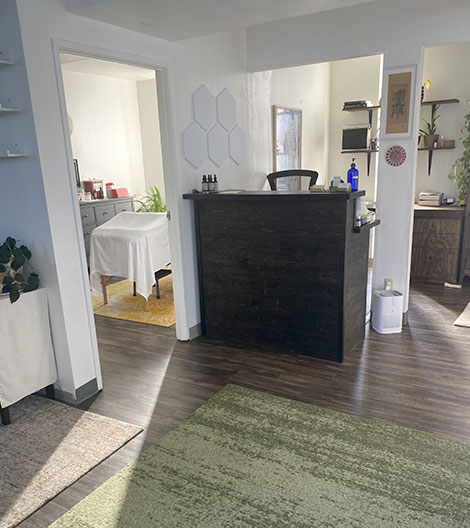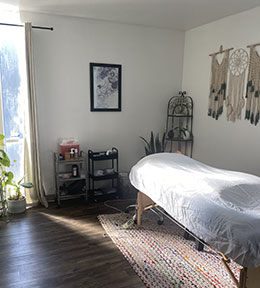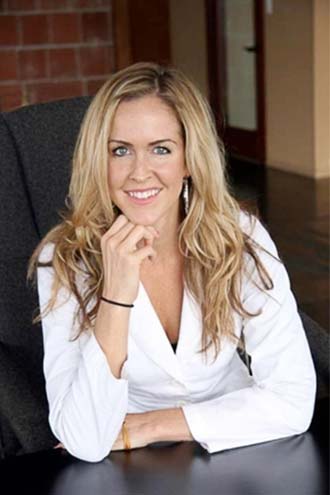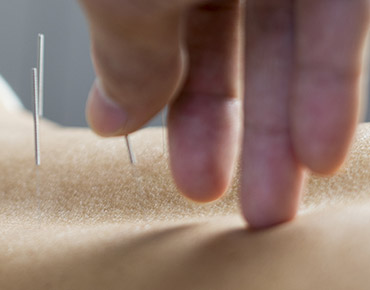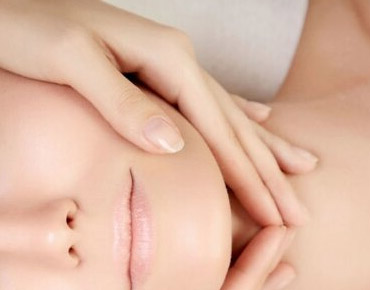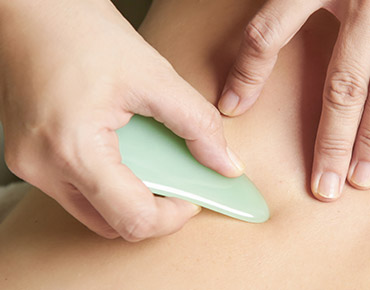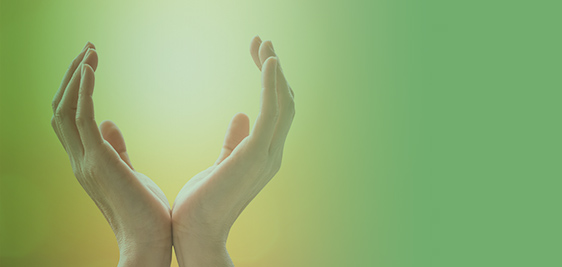Using the ancient knowledge of traditional Chinese medicine to navigate through our modern world.
What is Chinese Integrative Medicine?
Chinese Integrative Medicine focuses on using the ancient knowledge of Traditional Chinese Medicine to treat the modern patient. Today we have very different stressors in our environments then the patients who were treated during the time of the medicine’s origins. Technology, nnEMF’s, and pharmaceuticals as well as the toxins and chemicals present in our air, water and food supply, are newer on humanity’s timeline and we are still learning the ways in which they impact human health. Another factor we consider in Chinese Integrative Medicine is how modern living affects our natural circadian rhythms. Every cell of our bodies, at the quantum level, are influenced by light exposure during the day and darkness during the night. We are living in a state of constant “circadian mismatch” because of indoor living and artificial lighting via LED bulbs and computer screens, especially after dark. This mismatch disrupts the signaling that controls our sleep, thirst, hunger, body temperature, blood pressure and sex drive and promotes disease and illness within the body
Lastly, the emotional stresses of the modern patient look very different from the emotional stress that the ancient patient experienced. Today, most people live in a constant state of fight or flight, or what’s known as the “sympathetic nervous state” because of our fast paced society. Instead of occasionally feeling unsafe because one sees a mountain lion in the distance, the “mountain lion” is present all day, every day in the form of traffic, deadlines, finances, social media, and negative news stories that are available to us 24/7 as some examples.
Medical research estimates that as much as 90% of all illness and disease is caused by stress. Acupuncture is very effective at helping to nourish and sedate the nervous system which increases the bodies healing capacity. This makes acupuncture and Chinese Medicine a unique and gentle way to treat patients.
While the fundamentals of Traditional Chinese Medicine have been proven to be effective, over and over again, it is has become increasingly difficult for today’s patient to maintain it’s benefits. A patient cannot heal in the same environment that they got sick in.
Educating patients on how to align with natural circadian rhythms while reducing stress provides a powerful foundation on their path to healing.
Chinese Integrative Medicine works to teach the patient how utilize the ancient knowledge of TCM while making positive changes to their modern environment.
